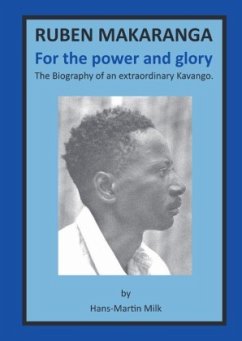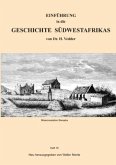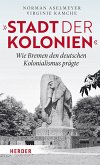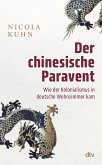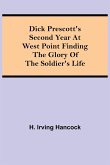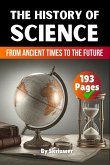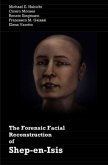A Kavango proverb says: "A sharp tongue can hit better than a stick" - A motto which characterizes the path of Makaranga. He was at home in many languages, cultures and hierarchies, which he effectively altered in his own interests. Although officially part of the colonial administration, he performed his functions in different ways - Makaranga was a wanderer between different worlds, between the boundaries of languages, cultures, traditions and political lines. The dazzling figure of Makaranga can be understood as a prototype or precursor of hybridity. Makaranga was at home in many societies, religious beliefs and political systems, integrated within different cultures and used them for his own strategical advantage. His person cannot be defined ethnically and his activities cannot be limited to a single African tradition alone. Nevertheless, traditional elements play a large role in his life - he was a committed Christian yet at the same time had several wives. However, Makaranga was not a Western-educated intellectual or a keen missionary student who dedicated his life to the mission. The reference to his own, autochthonous traditions, to traditional knowledge and to traditional culture represents an important element of African intellectual activity. Makaranga's personality does not fit into the stereotype of the oppressed colonial subject. He was not a passive agent of colonial interest, nor was he a resistant fighter. The person cannot be standardized and reduced to a single factor. His identity was a place in between spaces. The benefits Makaranga derived from his work were not intended by his employers, and Makaranga's own interests and strategies for their realization undermined many an enterprise. The colonial power does not appear completely homogeneous and static, an insight that does not change the violent character of colonial rule and leaves enough room to discuss the potential for resistance.
Bitte wählen Sie Ihr Anliegen aus.
Rechnungen
Retourenschein anfordern
Bestellstatus
Storno

